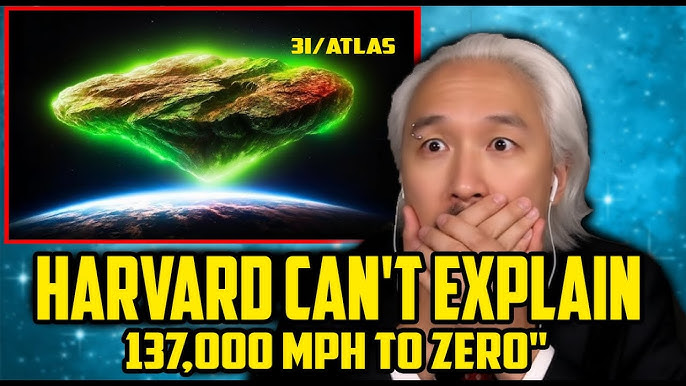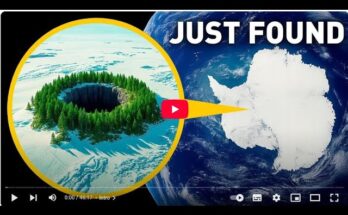James Webb Space Telescope has just delivered its most unbelievable discovery yet. Deep scans of the interstellar object 3I ATLAS have revealed something no one expected, biological signatures. Not chemicals that could support life. Actual markers that suggest life is already on board.
Spectral analysis picked up compounds only produced by living systems. These are not background noise or mineral artifacts. The patterns are structured, rhythmic, and consistent across multiple layers of the object. What’s more, internal heat readings suggest compartments within 3I ATLAS that are maintaining stable temperatures as if something inside is regulating its own environment.
And it’s not drifting aimlessly. Its trajectory has changed. 3I ATLAS is now slowly but steadily shifting course toward Earth.
Scientists are stunned. No natural object should behave this way. It’s traveling with precision, emitting strange pulses, and now shows signs of life. Agencies around the world are scrambling for answers, but no one is making official statements. Behind the scenes, multiple observatories have gone into high alert.
Some researchers believe 3I ATLAS may be a vessel. A kind of interstellar ark. Not just carrying organic material but possibly protecting it. There’s no evidence yet of intelligence, but the coordinated signals, the heat zones, and now the biological traces raise a chilling question.
Is something inside watching us back?
This could be the beginning of the most important chapter in human history. Not just proof we are not alone but the moment we meet what’s been crossing the stars to find us.



